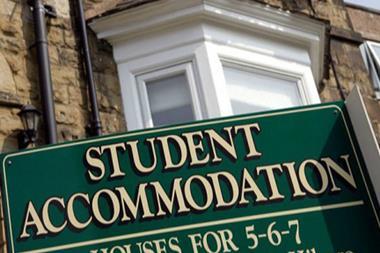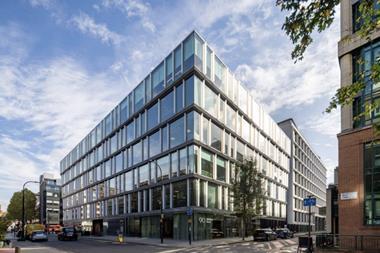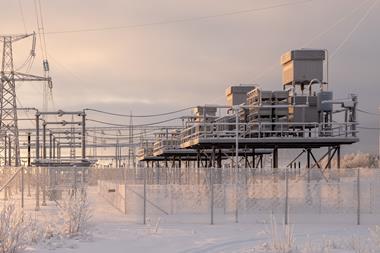UK – The UK government would have to provide a public subsidy of as much as £50bn (€57.6bn) to attract institutional investors to a mooted new hub airport, according to economists commissioned to analyse the airport's commercial viability.
The report commissioned by the parliamentary transport committee found that the cost of building the new airport and its associated infrastructure – estimated to be £70bn before discount factors and compensation – would be "significantly higher" than the £15.6bn eventual value of the asset based on forecast passenger revenues.
Paul Oxley, senior consultant at economics consultancy Oxera, said the result of the commercial viability test indicated investors would be unlikely to go ahead with funding the project because it would not provide sufficient returns.
But he added: "It does not completely rule out participation of institutional investors if there is also some form of government support."
That support would have to reduce the remaining investment requirement from the £50bn-70bn likely to be required for the investment to £20bn by covering the cost of service access and compensation, which will make up around 60-75% of the total investment cost.
Advising the government on whether to incentivise pension-fund participation is outside consultancy's remit.
However, Oxley said incentives could make economic sense if the airport were to create wider socioeconomic benefits.
According to the report, the government could well justify the subsidy based on a cost-benefit analysis, which uses a lower discount rate of 3.5%, rather than the commercial rate of return used by investors.












